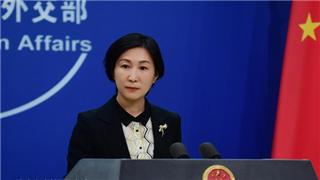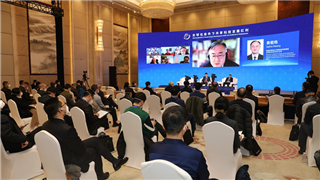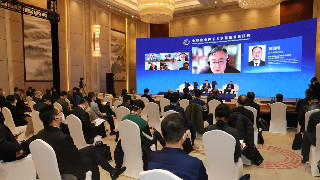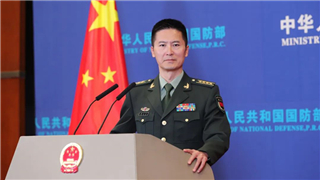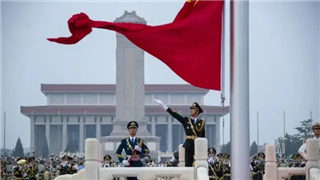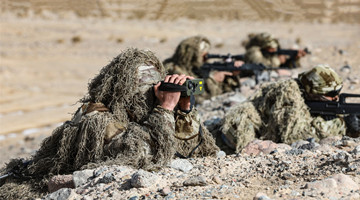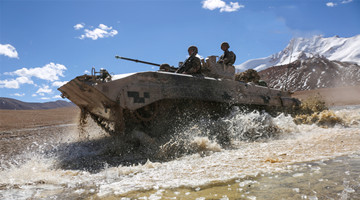By Zhang Xiaoli
Just as several NATO members gathered their aircraft carriers for a joint military exercise on the Atlantic to demonstrate solidarity, the organization’s internal strife over personnel arrangement has come to the fore. Recently the UK and France traded barbs intensely regarding the appointment of the next NATO secretary general. French president Macron strongly objected to a British candidate, while the UK accused him of being “Anglo-phobic”. This argument not only reflected the long-standing conflicts between the two countries but also revealed their widely different strategies.
The current NATO secretary general Jens Stoltenberg came into office in 2014 and was originally expected to step down on October 1, 2022, but his term was extended for a year with the unanimous approval of NATO members considering the breakout of the Russia-Ukraine conflict and the overall European situation. Therefore, he will leave office on September 30, 2023, before which the members will need to discuss who will take the helm from him.
Now the UK and France, two major members of the organization, are locking horns on who the successor should be. It is reported that London hoped to put its Defence Secretary Ben Wallace on the chair in 2023, but Paris is opposed to any British candidate and would not hesitate to veto such a nomination. London was very angry with this and a conservative parliament member directly called Macron “Anglo-phobic”.
In recent years, the UK and France have had major divergences on a range of issues, including fishery disputes, immigration, and relations with Russia. Their division was widened by the Australian nuclear submarine deal in 2021 when the US and the UK joined hands in stealing the submarine deal from France. Macron privately called the then British prime minister Johnson a clown and called back the French ambassador to London.
Other than that, the two countries’ divergence over NATO’s personnel arrangement also reveals their strategic misalignment.
France, known for its cultural diversity that inherently prefers multilateralism, is inclined toward diplomatic independence and wants to exert its status as a major country. As early as 1959, the then-French president Charles de Gaulle put forth the geopolitical strategy that Europe belonged to the Europeans. Within the EU, France has always been trying to promote strategic independence and break away from the security reliance on the US. The incumbent president Macron, upholding this tradition of diplomatic independence, has carefully kept a distance from Washington. He once called NATO “brain dead” and proposed an ambitious plan to develop military forces of Europe’s own.
As an island country, what Britain desires most is a balance of power and the avoidance of a dominant player on the European continent, which is why it has followed the policy of offshore balance and splendid isolation – an important reason for Brexit. After leaving the union, Britain has become a loner in Europe marginalized from the mainstream circle of international relations. Against such a background, it chose to continue intensifying the special relationship with the US, not only following it on everything but even completely taking its side on the diplomatic front. London’s nomination of Ben Wallace to be the new NATO chief was also to help the US maximize its control over Europe.
Committed to advancing Europe’s strategic independence, France definitely would do everything to keep the position safely from the Brits, who are literally just a mouthpiece for the US, otherwise European independence would be further weakened, as Paris believes the UK will act on America’s orders and wishes regardless of Europe’s security. The Russia-Ukraine conflict since February has also made it realize that both London and Washington are just thinking about how to enhance their military presence in Europe and fish more profits from the conflict.
By convention, the appointment of NATO secretary general shall only be valid with the agreement of all members. Since France has expressed its firm opposition, it’s unlikely that the next NATO chief will come from the UK, unless of course the two countries reach some kind of compromise. Canada, Croatia, Estonia and Lithuania have all nominated their candidates, and an even more heated battle over who will be the next man at the wheel of NATO can be expected.
